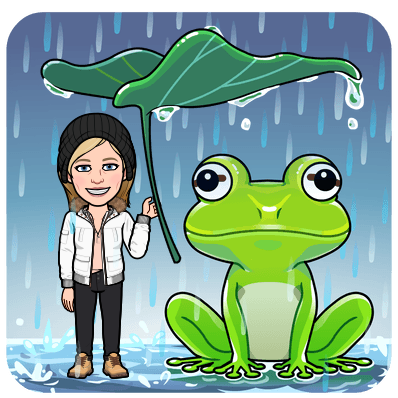Link to TED Talk: Sleep is Your Super Power is here
The Importance of Sleep for Kids
This week is National Sleep Awareness Week. It’s important for everyone to get a good night’s rest but even more important for children. Rachel Dawkins, M.D., with Johns Hopkins All Children’s Hospital talks about the importance of sleep for kids.
Why is a good night’s rest important for kids?
Sleep is an essential part of everyone’s routine and an indispensable part of a healthy lifestyle. Studies have shown that kids who regularly get an adequate amount of sleep have improved attention, behavior, learning, memory, and overall mental and physical health. Not getting enough sleep can lead to high blood pressure, obesity and even depression.
What is the recommended amount of sleep a child should get?
It varies based on age. The American Academy of Pediatrics recommends:
- Infants under 1 year: 12-16 hours
- Children 1-2 years old: 11-14 hours
- Children 3-5 years old: 10-13 hours
- Children 6-12 years old: 9-12 hours
- Teenagers 13-18 years old: 8-10 hours
What are some tips you tell families to help kids get the recommended amount of sleep?
Establishing a consistent bedtime routine is important. The routine should ideally start at the same time every night. As soon as the sun goes down, start to “wind down” the household.
- Dim the lights
- Stop use of electronics/screens at least an hour before bed
- Limit caffeine
- Take a warm bath
- Do a quiet family activity such as reading a short book
- If your child wakes up during the night, walk them back to their room with as little commotion as possible
- Set a wake up time for when the child is allowed to leave his or her room. The child can play quietly until that time if desired.
The following information is from from KidsHealth.Org
How Can I Tell if My Child Isn’t Getting Enough Sleep?
A child who isn’t getting enough sleep may:
- fall asleep during the day
- be hyperactive (especially younger children)
- have trouble paying attention
- struggle with school work
- be cranky, whiny, irritable, or moody
- have behavior problems
What Can Help Kids Sleep?
For kids of all ages, set up a bedtime routine that encourages good sleep habits. These tips can help kids ease into a good night’s sleep:
- Stick to a regular bedtime. You can give your kids a heads-up 30 minutes and then 10 minutes beforehand.
- Encourage older kids and teens to set a bedtime that allows for the full hours of sleep needed at their age. A bedtime routine could include washing up and brushing teeth, reading a book, or listening to quiet music.
- Turn off all screens (TV, computers, phones, tablets, and video games) at least 1 hour before bedtime. Consider removing all devices from your child’s bedroom.
More About Sleep by Age
Learn more about sleep as your child grows:




